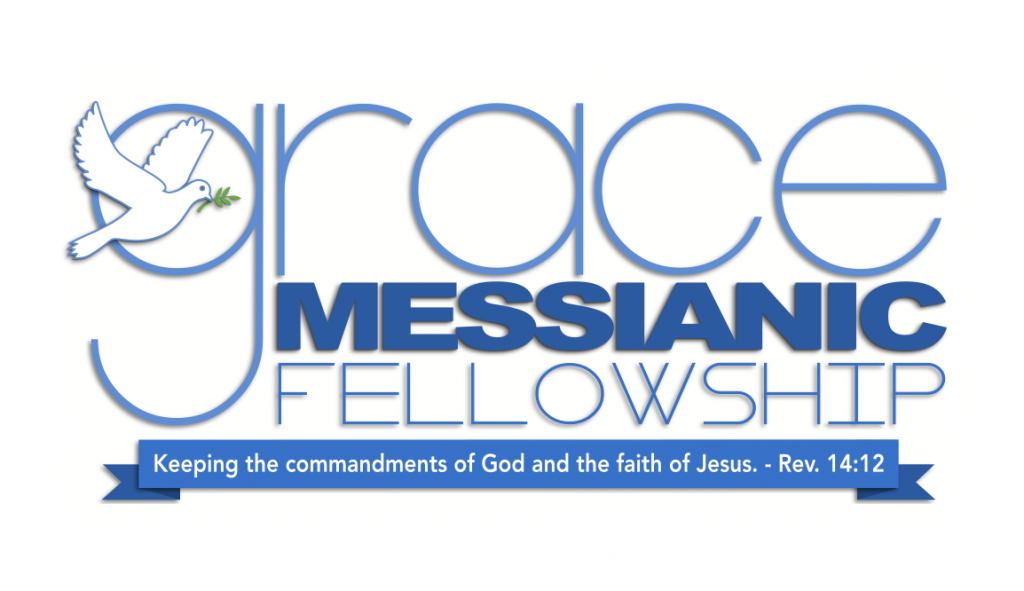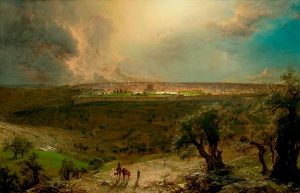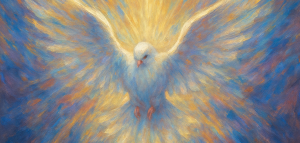Frequently Asked Questions
The Sabbath is a joyful time of worship, celebration, feasting, and fellowship! It is the first of God’s feast days and there is great blessing in it.
Remember the Sabbath day, to keep it holy. Six days you shall labor and do all your work, but the seventh day is the Sabbath of the Lord your God. In it you shall do no work… (Exodus 20:8-10b)
To “keep” literally means to guard or protect, and “holy” means set apart. To guard the holiness of the Sabbath day is to treat it differently than the other weekdays. There’s a few things that God tells us to do in order to set apart the Sabbath including: resting from work, holding a sacred gathering, and keeping our minds focused on the things of God (Ex 20:10, Lev 23:3, Is 58:13-14). There are also a few things to avoid: lighting fires, cooking, causing people or animals to work, conducting business, and bearing burdens (Ex 35:3, Ex 16:23, Ex 20:10, Neh 13:15-16, Jer 17:21-22).
The Sabbath is the 7th day of the week, and based on Scripture, the biblical “day” begins and ends at sundown. Therefore, the Sabbath is from Friday at sunset to Saturday at sunset.
While we are Christians that believe in Jesus, we prefer the term Messianic because it highlights the Hebrew roots of our faith. In a sense, the terms mean the same thing:
Greek: Χριστος (christos) means “anointed”. Translated as Christ
Hebrew: מָשִׁ֫יחַ (mashiach) means “anointed”. Translated as Messiah
Similarly, we usually will use Jesus’ Hebrew name, Yeshua, as it reminds us of his Hebrew identity and culture, and it is the name that his disciples used.
Over time, many doctrines have become a part of the mainstream Christian church that we do not believe to be biblical, such as the change or abolishing of the Sabbath, the disregard for the commands of God, and erroneous teaching regarding the identity of the Church and Israel. The name Messianic differentiates us from the mainstream and identifies us as being part of the Messianic or “Hebrew Roots” movement.
The Messianic movement is a move of God to bring his people back to a proper understanding of the Torah’s role in a believer’s life and their identity as part of the commonwealth of Israel. Another name for this is the Hebrew Roots movement. Although some make a distinction, we use the terms interchangeably.
The Messianic movement is not a denomination because there is no individual that began or organized this movement and no central organizing structure. Rather, it is a grassroots movement that continues to grow as more people examine the Word with a fresh perspective by taking off their lenses of modern culture and tradition, and encourage others to do so. Many testimonies exist of individuals who were led by the Holy Spirit to simply read the Bible for what it said and have come to find a home in this movement. Individuals and groups may vary on non-essentials, but we are united by love for Yeshua (Jesus) and a strong focus on using Scripture as a guide for our lives, including the Torah (the first 5 books of the Bible). The key differences with the rest of Christianity is observance of the Sabbath, other biblical holy days, the dietary laws, and encouraging modest dress.
While many of the passages used by the mainstream church to support an anti-Torah or anti-Israel view come from Paul’s writings, we sincerely believe that Paul’s writings are Scripture and further support this movement when properly understood.
While a return to the Hebrew roots of our faith has taken off somewhat more recently as an identifiable movement, we believe that a remnant of believers faithful to God’s commands has existed throughout history.
Messianic Judaism (or the Messianic Jewish movement) refers to Jewish people that have come to believe in Jesus and also choose to retain their Jewish identity. We fully support this aspect, however the Messianic Jewish movement as a whole does not advocate that non-Jewish believers keep the Torah. Therefore, the Hebrew Roots movement differs in that we promote Torah observance for all. We believe that those of Jewish and gentile backgrounds are to follow the same way set forth by Yeshua our Lord.
“The Law” typically refers to the Torah, that is, the first 5 books of the Bible. However, a more accurate translation would be instruction. In fact, much of the Torah is actually a narrative rather than a list of commandments. The entire Bible serves as our example and guide for life.
In 2nd Timothy, Paul says that all Scripture is given by inspiration of God and is profitable for doctrine, correction, and instruction so that we can “be complete, thoroughly equipped for every good work”. The only Scriptures that existed at that time are what we call the “Old Testament”.
In our congregation, we frequently remind those new to Torah observance that this is not a matter of salvation, meaning that keeping the law is not what results in our salvation. It is rather the opposite — our salvation is the reason that we love and obey our Father’s guidelines.
Yeshua says this about the law: “Whoever therefore breaks one of the least of these commandments, and teaches men so, shall be called least in the kingdom of heaven; but whoever does and teaches them, he shall be called great in the kingdom of heaven.” (Matthew 5:19)
So then, the question is not whether you want to be in or out of the kingdom, but whether you want to be least or greatest! This speaks of the varying rewards that Yeshua will give to those that are found in the Book of Life.
Baptism is an important aspect of following Yeshua. Those that come to faith in him should be baptized as a public confession and sign of their faith. Baptism involves full immersion in water with at least one believer as a witness. This represents burial with Messiah, where our old nature is symbolically left under the water and the new man rises out.
Or do you not know that as many of us as were baptized into Christ Jesus were baptized into His death? Therefore we were buried with Him through baptism into death, that just as Christ was raised from the dead by the glory of the Father, even so we also should walk in newness of life. (Romans 6:3-4)
We believe that our outreach ministry is two-fold. First, we are commanded to go and preach the Gospel (the Good News) of the kingdom of Yeshua and to make disciples. The second part of our ministry is reaching the Christian church with the truth of God’s Torah as a guide for our lives. These are both part of the great commission — to make disciples and to teach those disciples everything he commanded.
And Jesus came and spoke to them, saying, “All authority has been given to Me in heaven and on earth. Go therefore and make disciples of all the nations, baptizing them in the name of the Father and of the Son and of the Holy Spirit, teaching them to observe all things that I have commanded you; and lo, I am with you always, even to the end of the age.” Amen. (Mathew 28:18-20)
This Great Commission is not for a select group of leaders or just those with the gift of evangelism. It is for everyone. Everyone is to be an evangelist where God has placed them — their neighborhood, their workplace, or their knitting club. Wherever we go, we are to be witnesses to the life found in Yeshua our Messiah.
Regarding a formal outreach ministry, we do work in close association with Daniel Botkin’s Gates of Eden Outreach Center, where anyone is welcome to come in, ask questions, study, or check out his paintings.
Scripture teaches that the true Church is in fact Israel. The idea of a new testament, or covenant, comes from the writing of the prophets in the “Old Testament” books of the Bible. It is there that God says that He will make a new covenant with the house of Israel and the house of Judah. Therefore, if gentiles wish to be part of the new covenant, they must become part of the Israel of God. For more on this subject, please read “Who is the Church, and Did the Church Begin at Pentecost?” [Click here].
To find our service times and location, please visit our Home page. You can find our statement of faith, mission statement, and more under the About tab.



